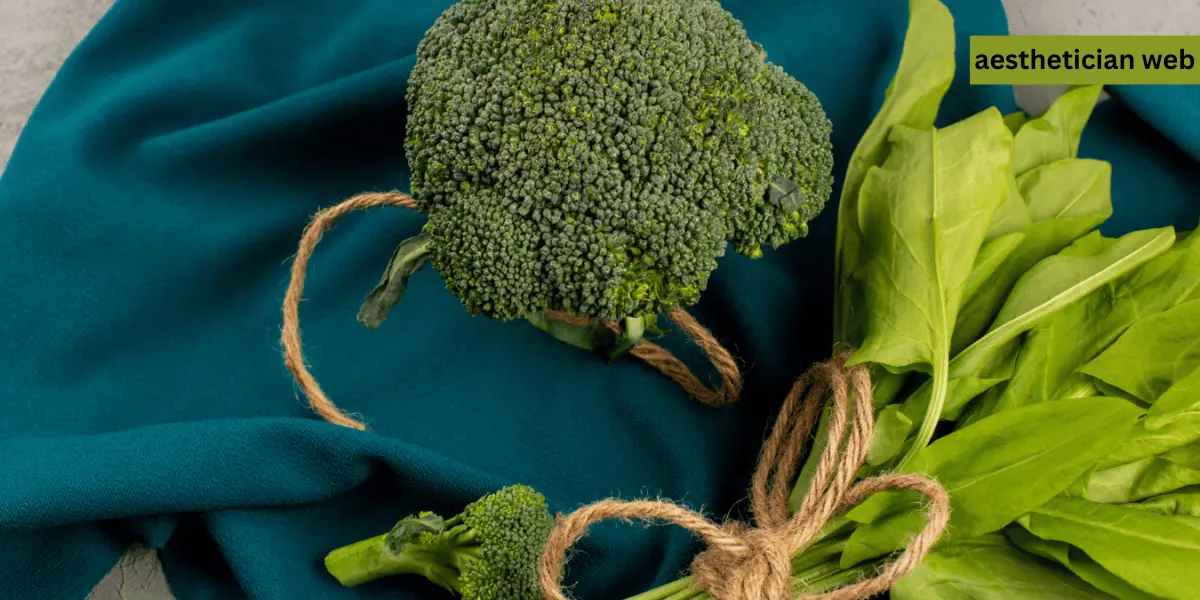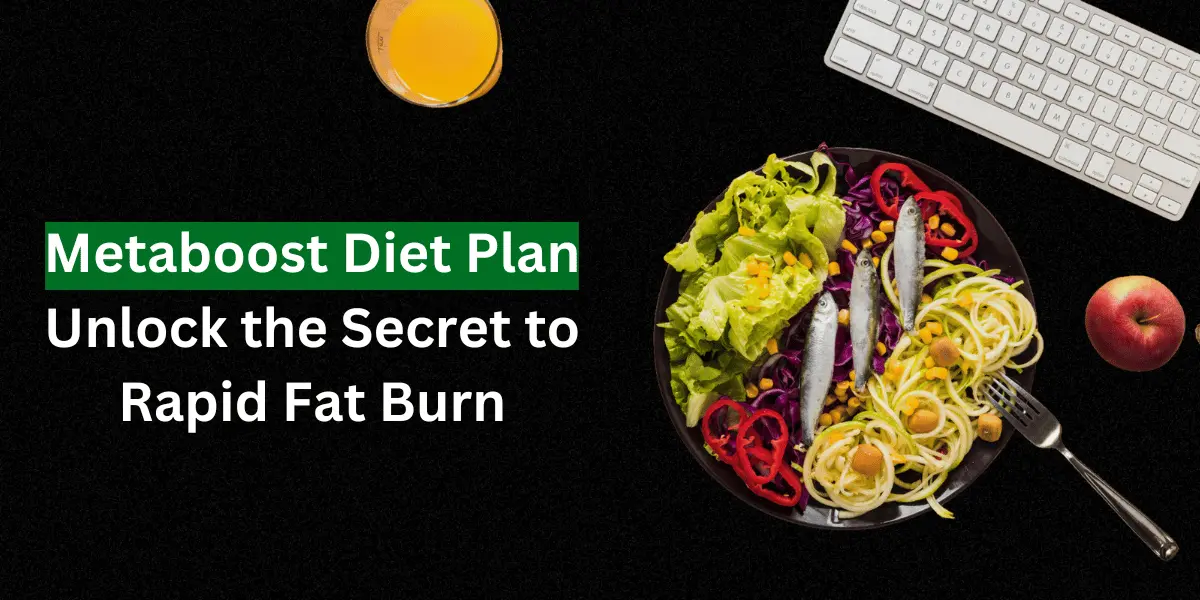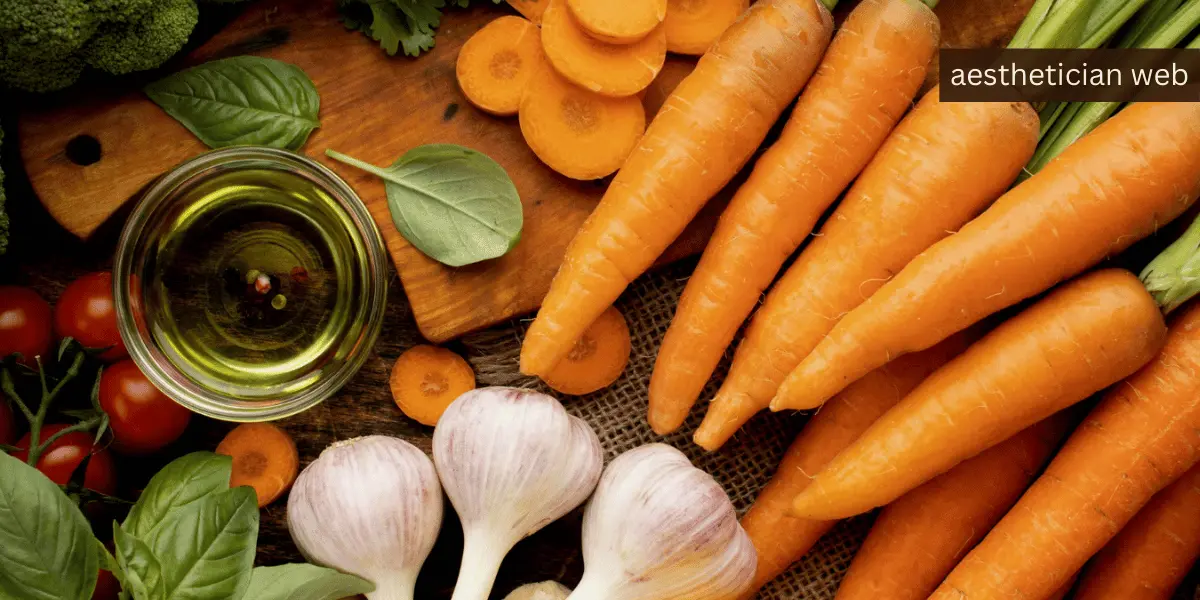Spinach and broccoli are two of the most nutrient-packed vegetables you can add to your diet. Whether you’re whipping up a quick smoothie, roasting veggies for dinner, or looking for ways to boost your health, these greens have you covered. But how do they both compare to each other?
In this article, we’ll compare the difference between spinach and broccoli, comparing their nutrition, health benefits, and culinary uses. By the end, you’ll know which is better for your needs—weight loss, iron deficiency, or adding more vitamins to your meals. Let’s dive in!
Difference Between Spinach and Broccoli
Spinach is rich in iron and Vitamin A, ideal for energy and eye health, while broccoli is packed with Vitamin C and sulforaphane, supporting immunity and detox.
Nutritional Comparison
When it comes to nutrition, spinach and broccoli, each has unique strengths. Spinach is a low-calorie powerhouse, packing just 23 calories per 100g, while broccoli has slightly more at 34 calories.
Both are rich in fiber and protein, but broccoli has more carbs. Spinach shines with its iron and Vitamin A content, perfect for boosting energy and eye health. Broccoli, conversely, is loaded with Vitamin C and sulforaphane, supporting immunity and detox.
Like Organic and Inorganic Food, how spinach and broccoli are grown can impact nutrient levels. Organic options often have fewer pesticides and potentially higher antioxidant content, making them a healthier choice for many.
| Nutrient (per 100g) | Spinach | Broccoli
|
| Calories | 23 kcal | 34 kcal |
| Protein | 2.9g | 2.8g |
| Fiber | 2.2g | 2.6g |
| Iron | 2.7mg | 0.73mg |
| Vitamin A | 469ug | 31ug |
| Vitamin C | 28.1mg | 89.2mg |
Whether you need more iron or a Vitamin C boost, these greens have you covered!
Health Benefits
Spinach and broccoli are more than just tasty greens—they’re packed with health benefits that can transform your well-being. Spinach is a rich source of iron, making it a go-to for anyone battling fatigue or anemia.
Its high Vitamin A content supports eye health, while antioxidants like lutein and zeaxanthin protect against inflammation.
Broccoli, conversely, is a Vitamin C powerhouse, boosting your immune system and promoting glowing skin.
It’s also loaded with sulforaphane, a compound known for its cancer-fighting and detoxifying properties. Plus, its high fiber content keeps your digestive system running smoothly.
Both vegetables support heart health by lowering bad cholesterol and improving blood pressure. Thanks to their calcium and Vitamin K content, they’re also great for bone health.
Whether you fight inflammation, boost immunity, or improve digestion, spinach, broccoli, and the Best Microgreens can help enhance your overall well-being.
Culinary Uses
Spinach and broccoli are incredibly versatile in the kitchen. Spinach adds a mild, earthy flavor to salads, smoothies, and sautéed dishes.
It’s also perfect for soups, omelets, and healthy wraps. Broccoli, with its slightly nutty taste, shines when steamed, roasted, or stir-fried. It’s a star in casseroles, soups, and even a crunchy snack with dips.
For a nutrient-packed meal, try combining both! Think spinach and broccoli quiche, stir-fries, or creamy soups. Whether cooking for one or feeding a family, these greens make healthy eating delicious and easy.
Special Dietary Considerations
Spinach and broccoli are fantastic for meeting specific dietary needs, each offering unique benefits. For weight loss, broccoli stands out—it’s low in calories but high in fiber, helping you feel full longer.
On the other hand, Spinach is a top choice for anyone needing an iron boost, making it ideal for those with anemia or low energy.
If you’re focused on muscle building, both vegetables provide plant-based protein, though Spinach has a slight edge. For diabetes management, the fiber in both helps stabilize blood sugar levels, making them excellent additions to your diet.
Broccoli supports detoxification with its sulforaphane content, while Spinach promotes eye health thanks to its high Vitamin A levels. Both are also great for bone health, packed with calcium and Vitamin K.
Whether managing a health condition or aiming for a balanced diet, Spinach and broccoli can be tailored to fit your needs. Just remember: variety is key!
Regional and Cultural Context
Spinach and broccoli are staples in cuisines worldwide. Spinach is often used in dishes like sabzi (herb stew) or lentil soups in the Middle East. At the same time, broccoli shines in roasted vegetable platters. In Italian cuisine, broccoli is a star in pasta dishes, and spinach is key to creamy risottos.
In Indian cooking, spinach is the base for palak paneer, and broccoli is gaining popularity in stir-fries. Even in Western diets, both are loved—spinach in salads and smoothies and broccoli in casseroles and snacks. No matter where you are, these greens add flavor and nutrition to every meal!
FAQ’s
Q: Can you Replace Broccoli with Spinach?
You can replace broccoli with spinach in many meals, but it depends on the context. While both veggies are nutritious, spinach has softer leaves and cooks faster. Baby spinach can work well for dishes like stir-fries or sautés, but due to its lightness, you might need a few extra handfuls. Broccoli might still be the better choice in recipes with a sturdier texture, such as casseroles.
Q: What is Better than Broccoli?
While broccoli is a healthy cruciferous vegetable, red cabbage may offer an extra health benefit with its rich purple hue. This color comes from anthocyanins, natural pigments known for improving brain health. Like broccoli, its cousins, such as kale and cabbage, also provide similar advantages, making them great alternatives for those looking to vary their diet.
Q: What Vegetable is Better than Spinach?
For some, Romaine lettuce could be better than spinach, as it contains more vitamins A and C, folic acid, and fiber. Its leaves are more heat-resistant and offer a crisper texture and more robust flavor, making it an excellent option for salads and a balanced diet.
Q: Is Chinese Broccoli like Spinach?
Chinese broccoli, or Gai Lan, differs from spinach. Its leaves and stem are thicker, giving it a firmer texture, similar to regular broccoli. While spinach is tender, Chinese broccoli tastes more pronounced, making it ideal for stir-fries and other Chinese dishes.
Conclusion
Spinach and broccoli are both nutritional superstars, each offering unique benefits. Spinach excels with its iron and Vitamin A content, perfect for energy and eye health. At the same time, broccoli shines with Vitamin C and sulforaphane, boosting immunity and detox. Whether you’re aiming for weight loss, muscle building, or better digestion, these greens have you covered.
The best part? You don’t have to choose—incorporating both into your diet ensures a balance of nutrients. Pairing them with other nutrient-dense foods can enhance their benefits. For example, understanding the Benefits of Chana Dal can help you create well-rounded meals, as it is rich in protein and fiber, supporting muscle growth and digestion.
From smoothies to stir-fries, spinach and broccoli make healthy eating delicious and easy. So, next time you’re at the market, grab both and enjoy their excellent benefits!













